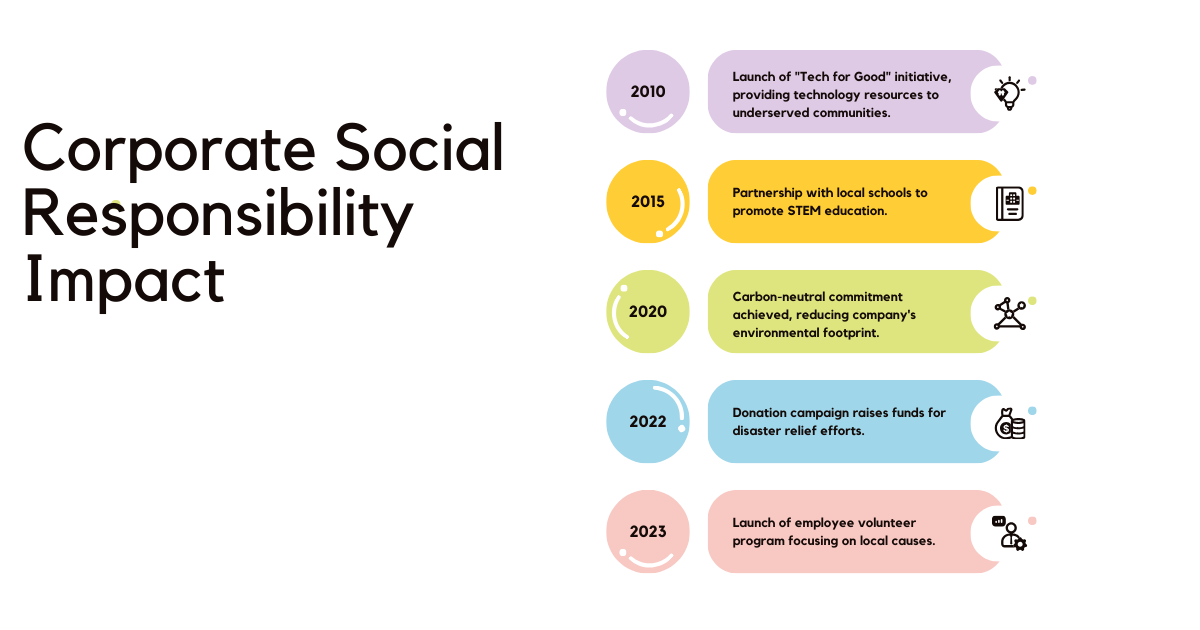Description: In the vast landscape of India's socio-economic diversity, there exist pockets of underdevelopment that require special attention and targeted efforts for improvement. To address this need, the Indian government introduced the Aspirational Districts program in 2018. The program aims to uplift and transform 112 identified districts across the country, focusing on key parameters like healthcare, education, nutrition, agriculture, and infrastructure. In this blog, we will delve into the concept of aspirational districts and explore how Corporate Social Responsibility (CSR) plays a pivotal role in this transformational journey.

Aspirational districts are those areas where development indicators lag significantly behind the national average. These districts often grapple with issues like poverty, lack of access to quality education, healthcare, and poor infrastructure. The program, driven by the NITI Aayog, focuses on improving these indicators, ensuring that the benefits of development reach even the most marginalized communities.
Corporate Social Responsibility (CSR) has become a significant part of the Indian business landscape. In 2014, the Companies Act made it mandatory for companies meeting certain criteria to spend a portion of their profits on CSR activities. This regulation has created an avenue for the private sector to contribute to social and economic development.
CSR initiatives have emerged as a bridge to connect the corporate sector with the goals of the Aspirational Districts program. Corporations, through their CSR efforts, play a crucial role in addressing the challenges faced by these districts.
Collaborations between the government, non-government organizations, and the corporate sector have proven to be highly effective in driving positive change in aspirational districts. Such partnerships leverage the strengths and resources of each sector, making the transformation journey more impactful.
The Aspirational Districts program in India offers hope and opportunity to millions of people living in underserved areas. The involvement of the corporate sector through CSR initiatives adds an essential dimension to this transformational journey. By addressing issues related to education, healthcare, nutrition, agriculture, and infrastructure, CSR contributions are playing a pivotal role in the development of these regions. The success stories of various corporations highlight the positive impact that can be achieved when the government, private sector, and civil society work together. As India continues its journey towards inclusive and sustainable growth, the partnership between aspirational districts and CSR initiatives will remain a beacon of hope for those who need it most.